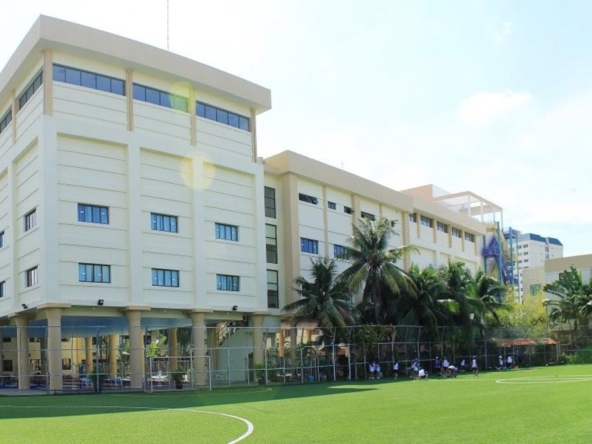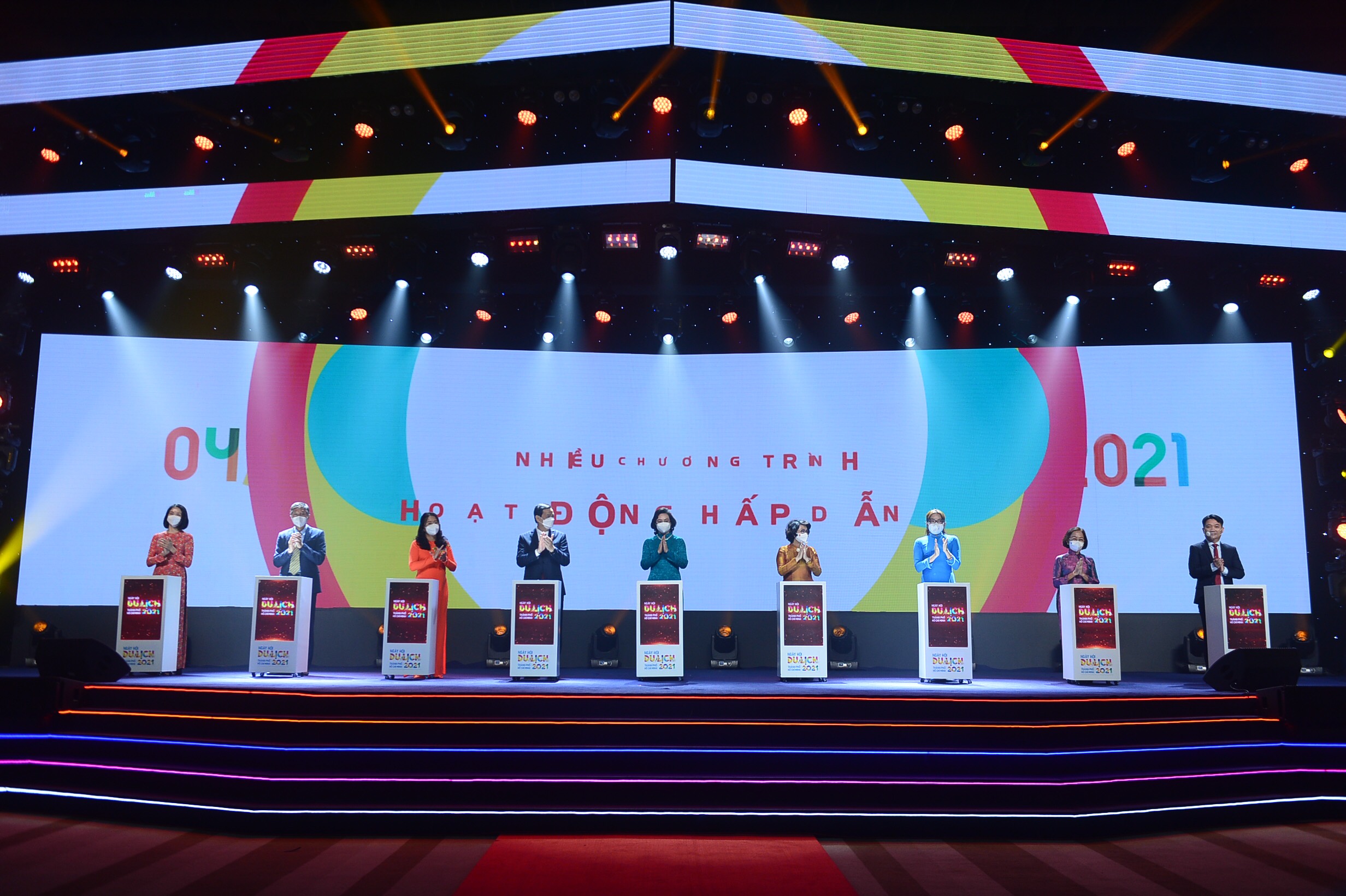Vietnam Briefing explores the economic needs test criteria for the retail industry and how foreign investors can navigate this requirement

Foreign investors in Vietnam looking to establish retail outlets are often subject to the economic needs test (ENT) criteria. Several investors have cited this requirement as a hindrance to the business environment adding to bureaucratic issues and delays. While the government has acknowledged the issue and may in the future reconsider the requirement, the ENT criteria has been waived in some free trade agreements.
What is the ENT?
The ENT is a test that conditions market access upon the fulfillment of certain economic criteria, and is applicable for the establishment of the second and subsequent outlets, as per Decree 09.
ENT does not apply for retail outlets less than 500 m2, located at commercial centers, and not categorized as mini-supermarket or convenience stores. ENT also does not apply to the first retail store, which only requires a store establishment license.
ENT criteria includes:
- The effect of the retail outlet on the scale of the geographical area;
- Number of retails outlets operating in the geographical market area;
- Impact of the outlet on the market stability and operation of other retail outlets and traditional markets in the geographical area;
- Impact on traffic, environmental sanitation and fire prevention in the geographical market area;
- Contributions of the retail outlet to the region’s socio-economic development in creating local jobs, development of the region’s retail sector, improvement of environment and living conditions for local people, and contributions to the State budget.
Decree 9 states that any outlet established under the same name or same trademark with another retail outlet in Vietnam owned by any other FIEs will be treated as an additional retail outlet and need the necessary licenses for operation. As a result, the franchising model, which is currently used by some giant retail chains or chain stores, are likely to have to pass the ENT to obtain the relevant licenses.
The People’s Committee at the province level is the authority that considers whether an outlet passes an ENT or not. This means that for such outlets, the People’s Committee and the Ministry of Industry and Trade (MoIT) are responsible for approving the establishment application.
Investors deploy different methods to bypass ENT
To get around the issue, Nikkei Asia reported that South Korea’s E-Mart which operates a supermarket in Ho Chi Minh City decided to franchise its stores to domestic company Truong Hai Auto Corporation (Thaco) – which assembles and manufactures automobiles in Vietnam. If E-Mart was able to pass the ENT criteria it would be allowed to operate its own stores. While this was a solution for E-Mart, other investors such as H&M and Uniqlo have complied with ENT to retain control of their stores.
Other investors bypass ENT by locating their stores in shopping malls and occupy less than 500 square meters. Another way is a joint venture. South Korean minimart company GS25 went into a collaboration with Vietnam’s Son Kim Retail to operate.
Vietnam’s traditional markets have declined in popularity while the number of convenience stores in 2020 jumped 6.7 percent from the previous year and the number of supermarkets rose 3.8 percent, as per Nielsen. This presents a significant opportunity for investors looking to establish their presence in the retail market.
ENT scrapped from three free trade agreements
Nevertheless, the government seems to be listening. Vietnam’s government has agreed to scrap the ENT for countries that are part of the EU-Vietnam free trade agreement (EVFTA), the Comprehensive and Progressive Agreement for Trans-Pacific Partnership (CPTPP), and the UK-Vietnam free trade agreement (UKVFTA). The ENT will be scrapped five years after the EVFTA and CPTPP are in effect; for the UKVFTA, the Vietnamese government has committed to phasing out the ENT five years after the EVFTA is in effect. For investors not part of these agreements such as South Korea, which has a significant investment in Vietnam, they are still subject to ENT.
Vietnam’s business environment
Vietnam has strived to improve its business environment over the last few years and continues to remain a magnet for attracting foreign direct investment. While further reforms are necessary, the government is listening, it recently eased restrictions for some requirements for foreigners getting work permits. It also took into consideration the business impact of lockdowns and movement restrictions and reopened business activities in Ho Chi Minh City and its neighboring provinces.
While foreign investors have shared concerns about the ENT, the above responses show that the government has considered the requirement. As Vietnam further liberalizes its economy it may ease some of these conditions in due time.







